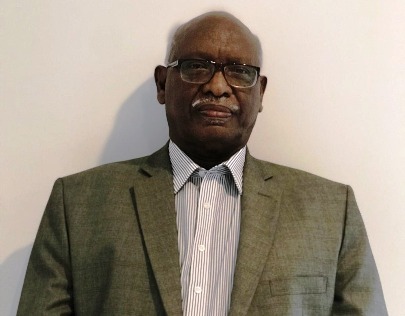
Zain Al-Abideen Saleh Abdul Rahman
Agreeing on a media strategy requires a comprehensive understanding of the political leadership’s vision for managing the country, the crisis, and the war. It also necessitates a general grasp of the military leadership’s strategic vision, the organic relationship between the people and the army, and all the military components fighting under the army’s banner, as well as insight into foreign policy. This understanding enables those working on formulating the strategy to align with the overarching vision of the phase’s policies. Any strategy must be segmented into timeframes: short-term, medium-term, and long-term. These timeframes are governed by agendas, priority setting, and tool selection, and they require absolute clarity, free from ambiguity.
The press conference held by the Minister of Information, Khaled Al-Eisair, marked the beginning of a new media policy and was an auspicious start. The involvement of representatives from various ministries to share their perspectives and provide comprehensive updates on events, speaking without restrictions, signals that the military and political leadership governing the country during this critical period recognizes the importance of equipping the majority of the population with information. The conference, which even shared intelligence data, aimed to convince the public of the new policy’s need to mobilize the people’s full support.
Al-Eisair was forthright in identifying the countries actively participating in the war, supplying militias with arms and mercenaries, and providing airspace for arms transport. He also addressed foreign television channels operating in Sudan, setting a condition: they must adhere to an unbiased professional role, granting them access to all states and regions for their media mission. However, if they serve only the militias or the states supporting them, they will be asked to leave Sudan permanently.
A media strategy must be entirely transparent because its primary goals are to educate the masses and convey facts to regional and international public opinion. It should also monitor political actions and other activities managed by regional, Arab, African, and international states concerning Sudan. Certain foreign countries continue to meddle in Sudan’s internal affairs, trying to shape it according to their agendas by selecting political leaders who serve these agendas.
Every Sudanese citizen has the democratic right to take a stance based on their convictions and express their opinions. However, participation in activities funded and organized by external entities supporting the militias must lead to legal accountability for those involved. Any citizen collaborating with the militias, whether through political or other means, must face the law.
While the media strategy serves to enlighten citizens during wartime, it must also include clear perspectives on post-war policies, following a prioritized agenda. Presenting an integrated vision fosters meaningful political dialogue and plugs gaps that adversaries might exploit, especially those who work to undermine unity through “corrupt slogans” aimed at dividing national ranks.
The success of the media strategy hinges on competent media leaders who are fully aware of their national role during this critical period, which poses the greatest challenge to the country’s unity, stability, and progress. These leaders must also be conscious of the political process, which should be grounded in a democratic framework that respects diverse opinions while adhering to principles that uphold the nation’s unity, independence, and rejection of collaboration with adversarial states.
The speech delivered by the Minister of Information represents a new phase in planned and structured media work and the nation’s trajectory during and after the war. While the war has revealed that most Sudanese youth are aware of their national duty and ready to sacrifice for their country, it has also exposed societal vulnerabilities exploited by adversaries and individuals who sell themselves in political marketplaces for money. Clarity has now emerged, and we pray for sound judgment and insight.



